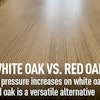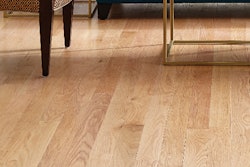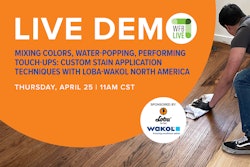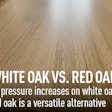

I think most everyone knows I hate smoking. And I’m no fan of vaping and e-cigarettes either. I have no idea if it is “healthier” or not, but they still pollute my air, although admittedly with less volume and a bit less stink.
But setting aside my own personal bias about them, they provide us with a good example of bias in science—science conducted by biased researchers, science with a GOAL.
There was a big splash a while back about e-cigarettes and formaldehyde. (You knew that had to be in here somewhere, right?) E-cigarettes were apparently full of the stuff and were going to kill you faster than regular tobacco.
Except apparently that wasn’t all true. Or true at all.
The study apparently tested the vaping equipment at voltages that were both impossible for regular equipment to generate and at a level which would “burn” the liquid into something completely unpleasant that no one would willingly breathe in. If you want the full details, here’s a post by someone very passionate on the topic, who analyzes that report and links to multiple discussions on the topic.
But why do I bring this up? Because it also later came out that the report was funded, in part, by trial lawyers who recently sued Big Tobacco. Hmmm… who is it that’s looking for their next hit?
Other examples? I previously mentioned a John Oliver episode that referenced a study on driving dehydrated—how it was just as dangerous as driving drunk. A quick Google found the study being splashed about in papers in the US, the UK, India and countless other countries. Big news! But should it have been? After all, the study looked at the actions of 12 people. Yes, only twelve. Oh, and by the way, it was funded by the European Hydration Institute, a group, which among other contributions, received $7 million from Coca-Cola. Sounds to me like there is the potential for a bit of bias… and just how could such a study get such wide media play without a bit of money pushing it out to the news outlets?
Funded studies are frequently used to set policy or sway public opinion, yet this report suggests that pharmaceutical company-funded trials are four times more likely to find evidence in favor of the trial drug than studies funded by other sponsors. This article lists a depressing number of instances where drug companies suppressed bad news, edited findings or falsified data.
Then we had the case where the Sugar Association funded a study which, surprise, surprise, found adverse effects from consuming the artificial sweetener Splenda. Splenda’s manufacturer countered with a study that (amazingly!) came to a completely different conclusion. (Clearly a lot of rats have had very sweet diets.) What should we believe? (For more info, so you can make your own decision, a good summary of all the various studies and lawsuits on this issue is here.)
Speaking of sugar, did you know (like almost anything in great quantity) it can be a health hazard? I’m sure everyone here believes that cutting back on sugar is a good idea, right? But for a long time, the great evil was saturated fats. It’s not to say that eating lots of fats is good, but how fats won out as the great evil over sugar in our diets appears to be the result of personal politics more than science. Bias is not also based on profit—it can be because of pride. And we non-scientists are left wondering, just what is it that we’re supposed to eat? We’re back to wondering if milk is good or bad, or how many blueberries we need to eat to never get cancer…
So as you dig into the scientific studies about this issue or that, be sure to hang around for the “credits.” Sometimes the “who” of the study is just as important, or even more important, than that headlined result.
































